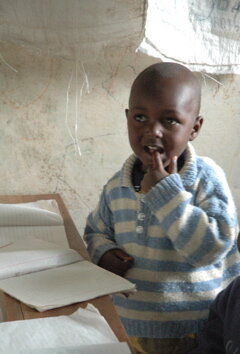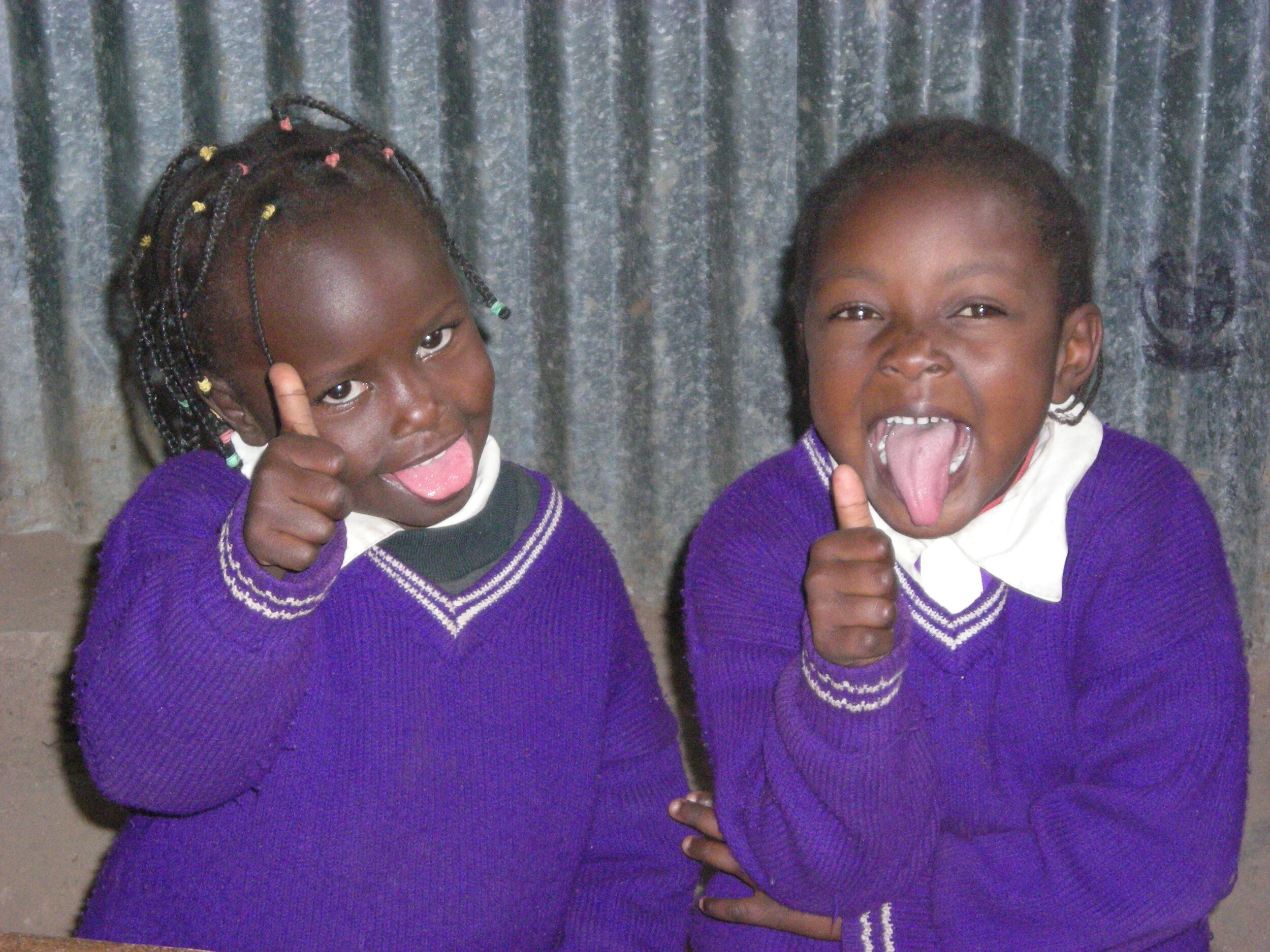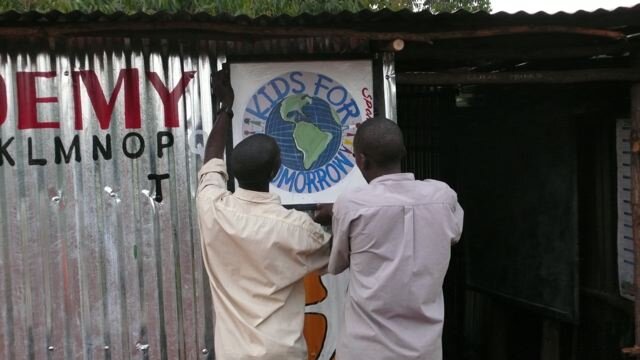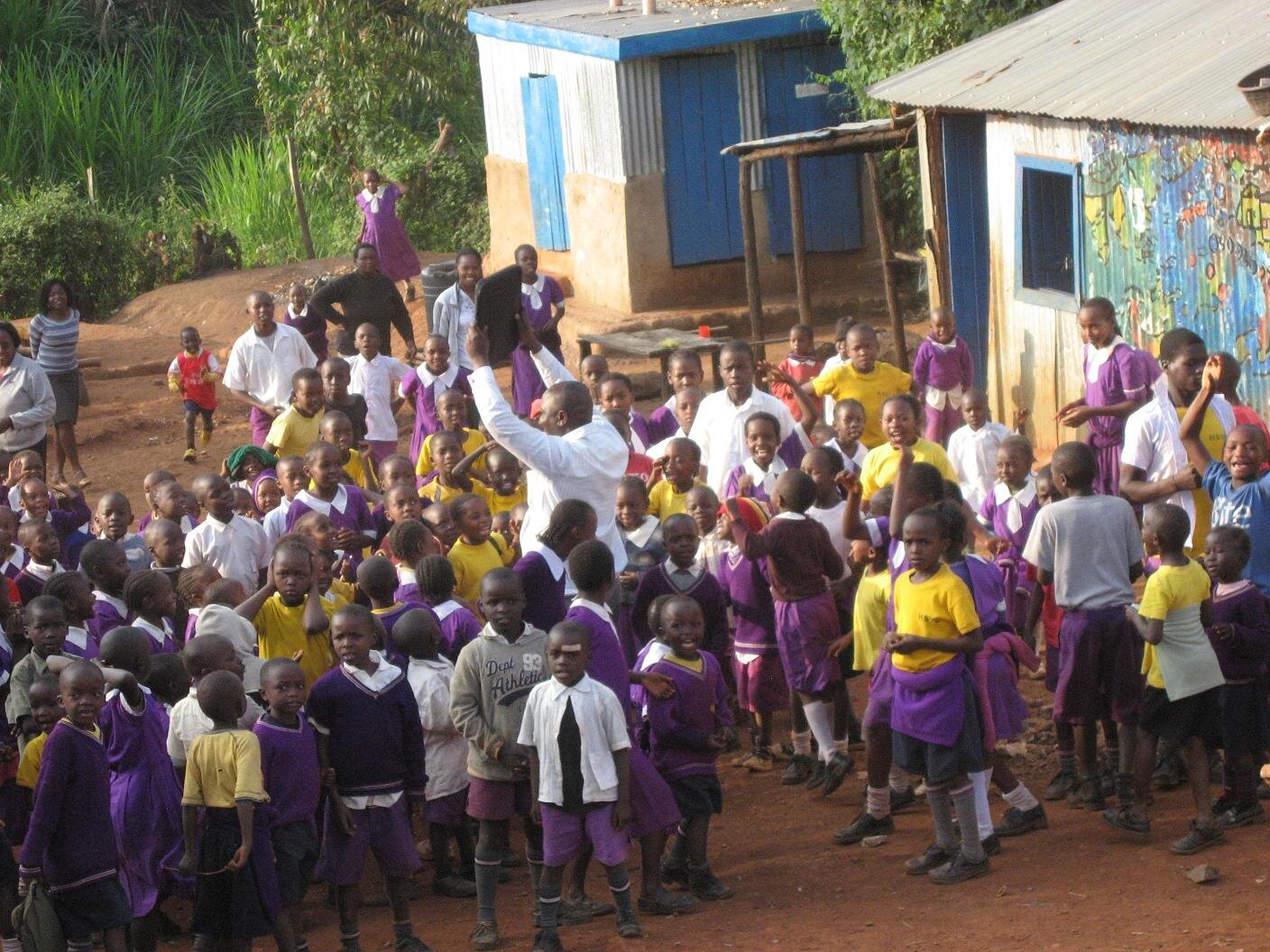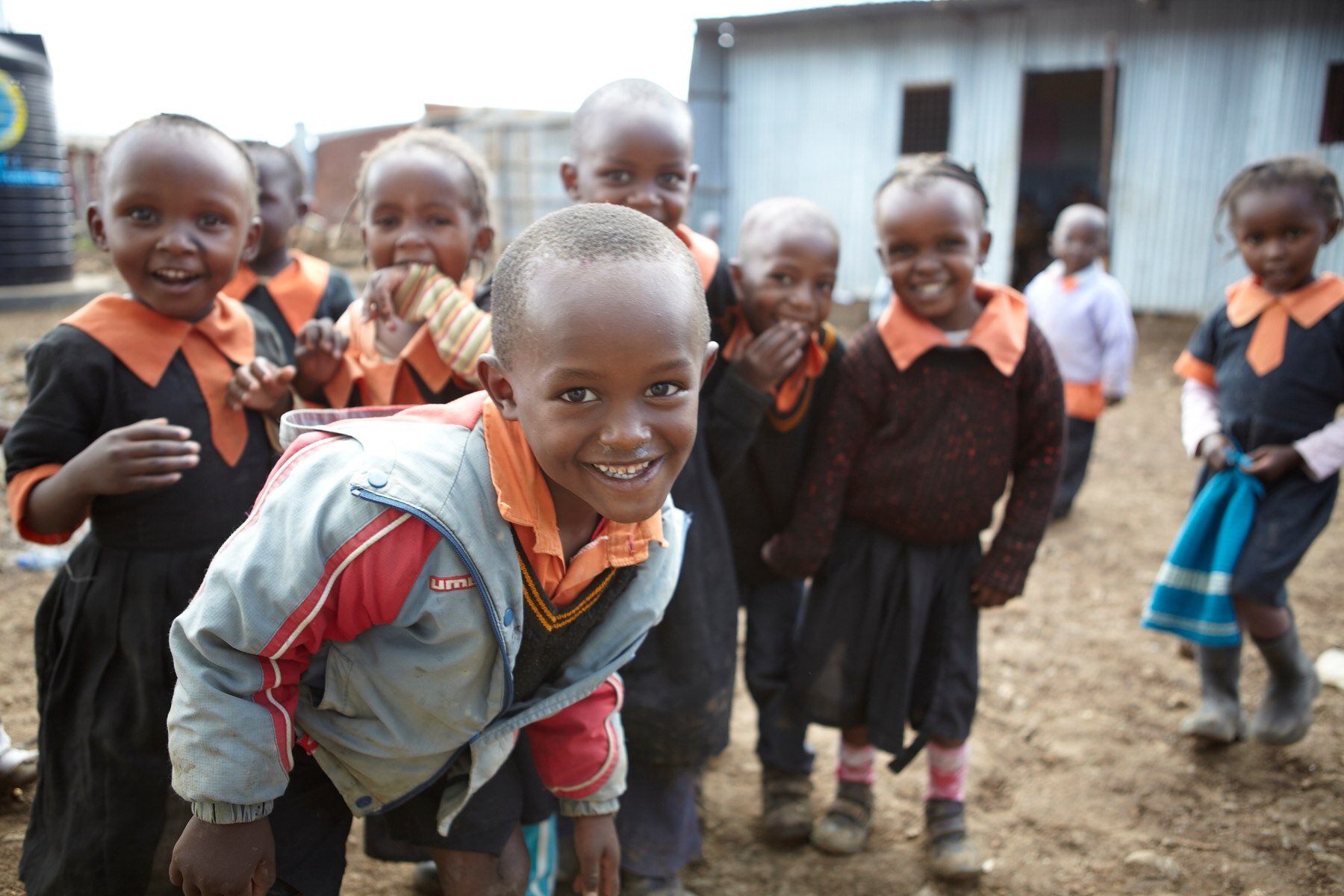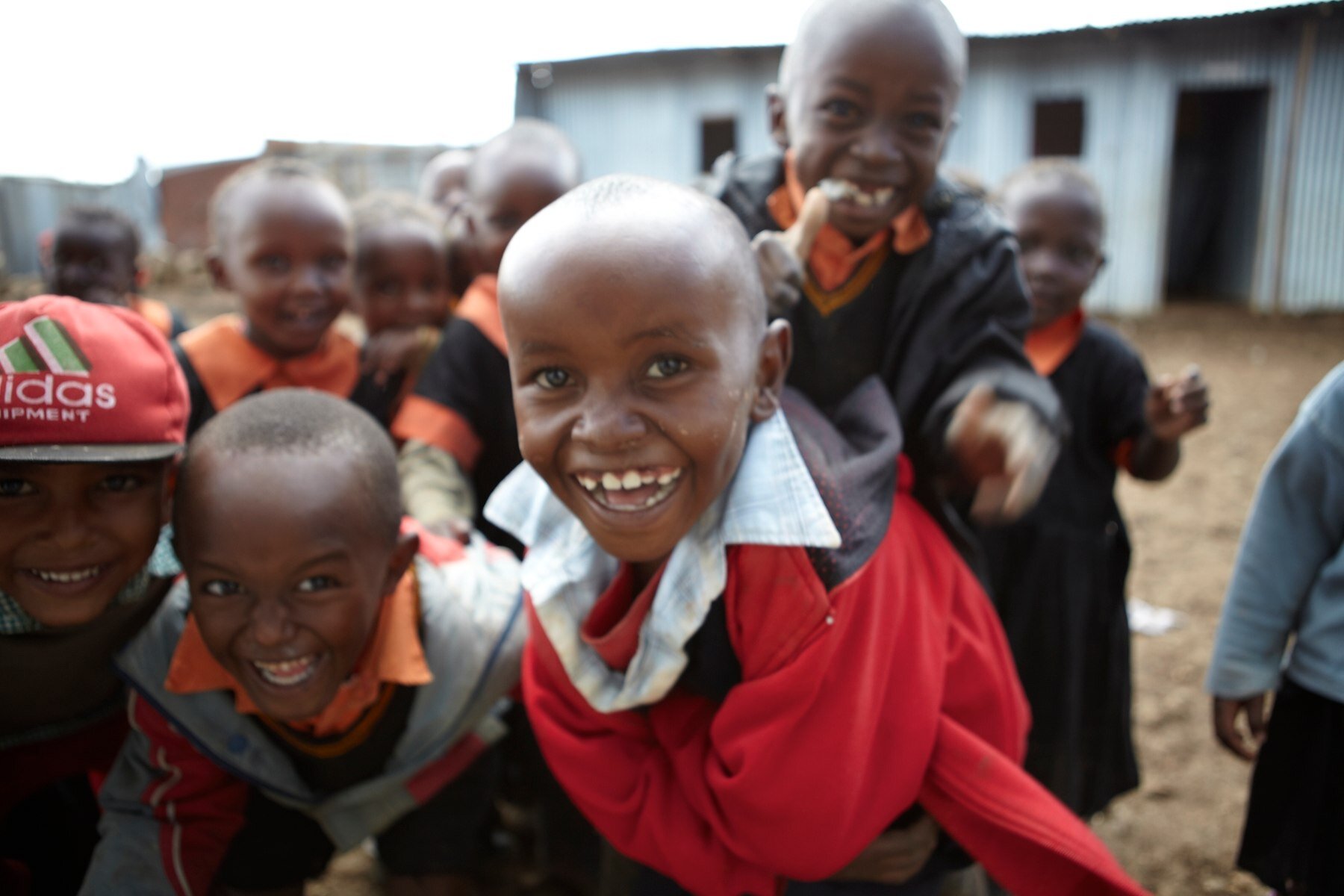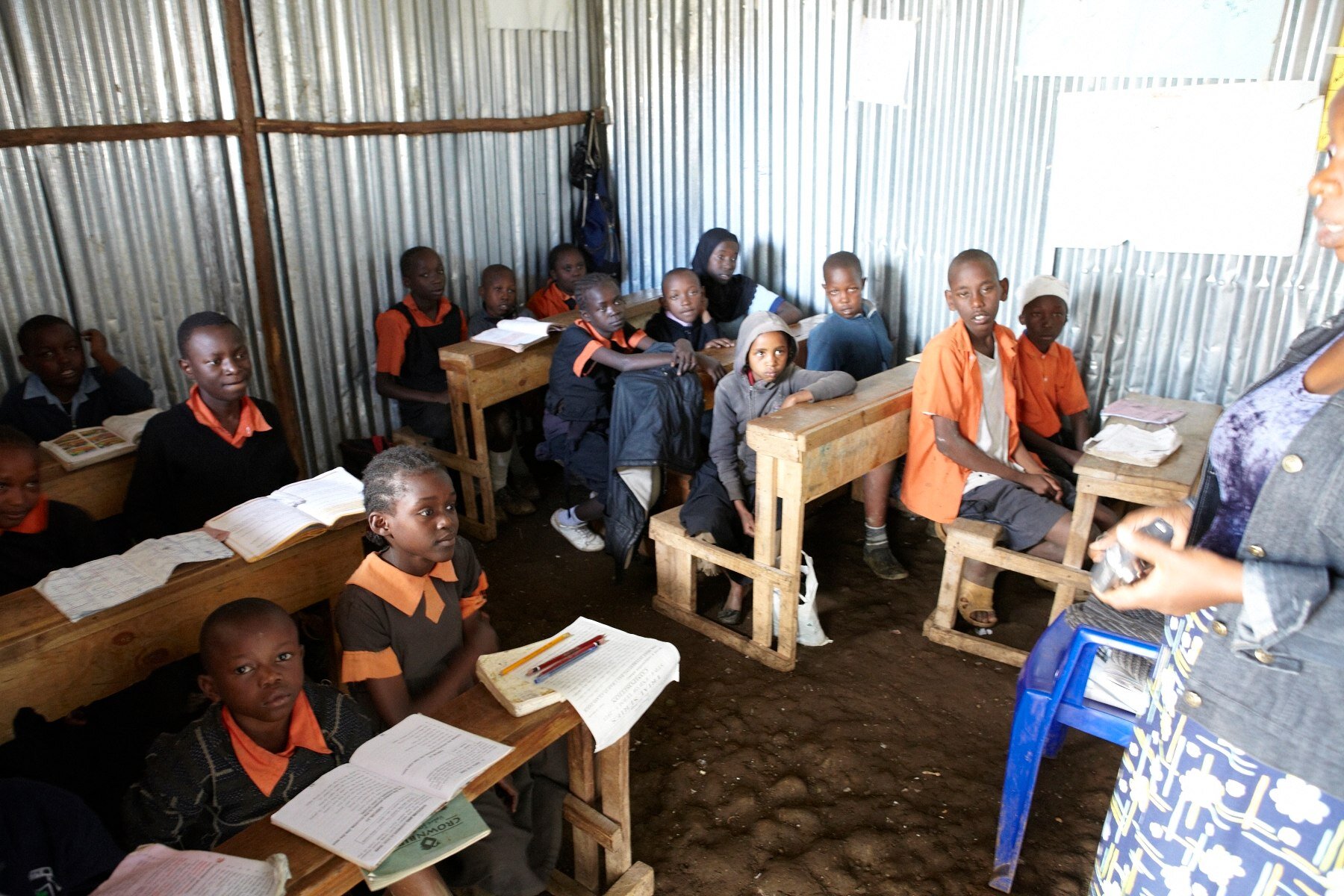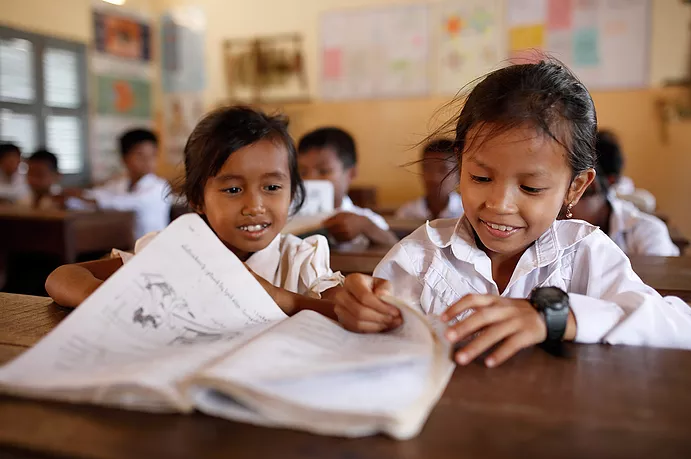Projects
Education in Kenya is technically free for students from nursery age through eight grade. In practice however, the public schools are dramatically and incredibly overcrowded. A typical public school first grade class has 85 students and 1 teacher. Children share desk space and take turns sitting because there is not enough space for everyone. Books, while treasured, are virtually non-existent. In every way, the public schools and the children therein are struggling. By the seventh and eight grades, many students give up and drop out. With the challenges facing the public school system, many children, especially orphans, are refused admission.
Kids for Tomorrow aims to change that in our schools.

